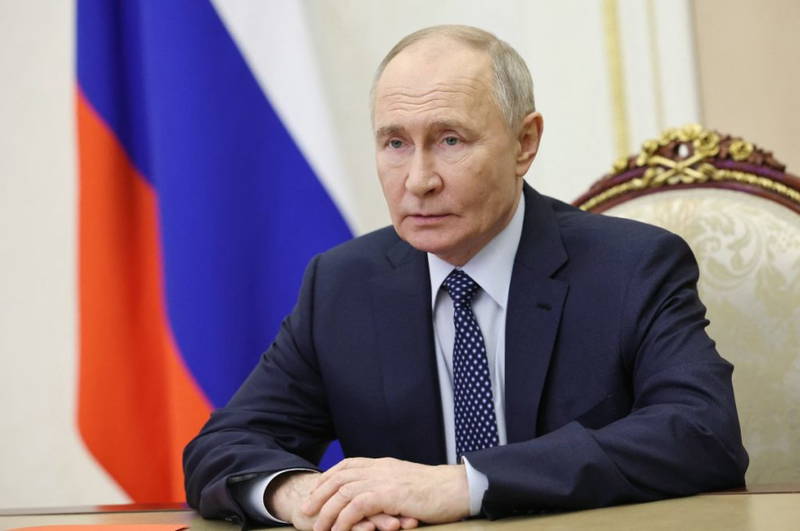
The European Union has approved its 17th round of sanctions against Russia amid ongoing tensions over the war in Ukraine. The new measures, agreed upon by diplomats from the EU’s 27 member states in Brussels, focus on clamping down on Russia’s “shadow fleet” of oil tankers used to evade export restrictions. Nearly 200 vessels linked to clandestine oil shipments are now blacklisted, bringing the total number of targeted ships to over 350.
The sanctions also extend to more than 30 companies in countries such as Vietnam, Serbia, and Turkey accused of supplying goods to the Russian military. Additionally, dozens of Russian officials and entities involved in cyberattacks, human rights abuses, and sabotage across Europe face visa bans and asset freezes.
This package, expected to be formally adopted by EU foreign ministers on May 20, represents a strategic effort to tighten economic pressure on Moscow amid stalled peace negotiations. EU leaders have warned Russia of “massive sanctions” should it fail to accept a proposed 30-day ceasefire backed by the United States.
German Chancellor Friedrich Merz emphasized the need for progress, urging Russian President Vladimir Putin to engage in peace talks with Ukrainian President Volodymyr Zelenskyy in Istanbul. Meanwhile, US President Donald Trump expressed willingness to attend the talks if both leaders participate, though no confirmation has come from the Kremlin.
The EU’s sanctions aim to disrupt Russia’s military-industrial complex and limit its ability to finance the war through oil revenues. The “shadow fleet” consists of older, often uninsured vessels that use deceptive tactics such as turning off transponders and conducting ship-to-ship transfers to conceal the origin of their cargo.
Despite these measures, officials acknowledge the growing difficulty in agreeing on new sanctions targets, reflecting the complex geopolitical landscape. The EU is also preparing contingency plans to sustain pressure on Russia should current sanctions be undermined or lifted by other actors.
The 17th sanctions package builds on previous rounds that have progressively tightened restrictions on Russian trade, finance, and military capabilities. The EU continues to coordinate closely with allies to maintain a united front in response to Russia’s aggression in Ukraine.






